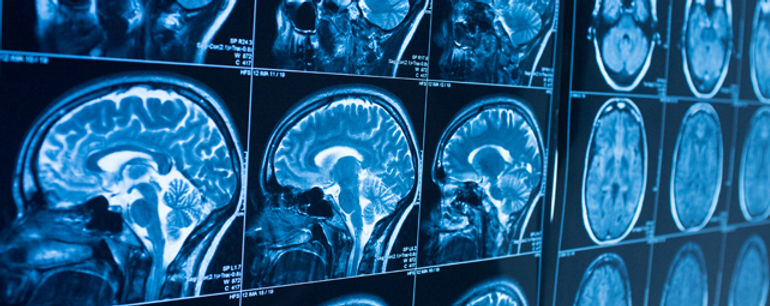UMKC Clinical Neuropsychology Lab
Clinical Neuropsychology
Clinical Neuropsychology is a specialty field within clinical psychology, dedicated to understanding the relationships between brain and behavior, particularly as these relationships can be applied to the diagnosis of brain disorder, assessment of cognitive and behavioral functioning and the design of effective treatment.
Specialized Knowledge
The required expertise for this area is based on the way that behavior and skills are related to brain structures and systems.
Problems Addressed
Neuropsychological evaluations are requested specifically to help understand how the different areas and systems of the brain are working. Testing is usually recommended when there are symptoms or complaints involving memory or thinking. This may be signaled by a change in concentration, organization, reasoning, memory, language, perception, coordination or personality. The change may be due to any of a number of medical, neurological, psychological or genetic causes.
Populations Served
Clinical Neuropsychology serves people across the entire age and developmental span whenever there are concerns about brain function. This can range from developmental concerns in infants, academic challenges in childhood, adolescence and early adulthood, work and social challenges in adulthood and concerns about declining function in old age. Some of the conditions neuropsychologists routinely deal with include developmental disorders like autism, learning and attention disorders, concussion and traumatic brain injury, epilepsy, brain cancer, stroke and dementia.
Skills and Procedures Utilized
The neuropsychological evaluation consists of gathering relevant historical information, a neuropsychological examination, analysis and integration of data and findings, and feedback to the referral source. History is obtained through reviewing medical and other records, and through interview with the patient. With the patient’s permission, family members or other knowledgeable persons may be interviewed and asked to share their perceptions and perspective on important aspects of the history and symptoms. The examination typically consists of the administration of standardized tests using oral questions, paper and pencil, computers, the manipulation of materials such as blocks and puzzles, and other procedures. Depending on the scope and intent of the evaluation, testing may focus on a wide range of cognitive functions including attention, memory, language, academic skills, reasoning and problem solving, visuospatial ability and sensory-motor skills. The neuropsychologist may also administer tests and questionnaires concerning psychological aspects of mood, emotional style, behavior and personality.
